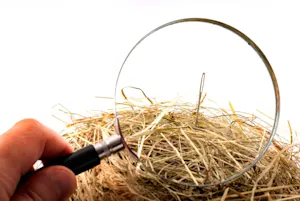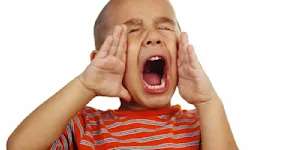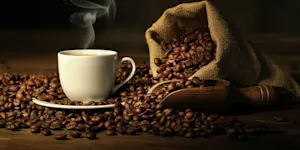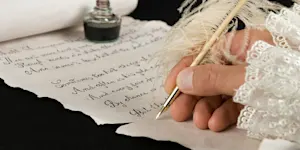What Makes This Word Tick
“Gambol,” much like a frolicsome spring lamb in a meadow, carries a joyful energy. It suggests light-hearted skipping or dancing, painting pictures of carefree play. It’s a playful, whimsical word that seems to leap off the tongue, encouraging a sense of spontaneous fun.
If Gambol Were a Person…
Imagine gambol as an impish child, with a twinkle in their eye and a ready smile. They’d be the kind of person always coaxing friends into playful adventures and able to find joy in the simplest of things. Every day is an opportunity for a new escapade or a playful romp through the park.
How This Word Has Changed Over Time
Originally derived from the Middle French “gambader,” meaning to leap, gambol has maintained its sense of lively playfulness across centuries. While fancy words often fade or get repurposed, gambol stays true to its roots, untainted by the inevitable march of time.
Old Sayings and Proverbs That Use Gambol
Though gambol itself might not feature prominently in ancient proverbs, its spirit is echoed in sayings like, “All work and no play makes Jack a dull boy.” It reminds us that life is meant to be enjoyed with a sprightly step.
Surprising Facts About Gambol
Even those unfamiliar with Shakespeare might be interested to know that gambol made its appearance in “The Merry Wives of Windsor,” where Master Page delighted in the antics of a gamboling Sir John Falstaff. The word dances through literature, always bringing a sense of merriment.
Out and About With This Word
If you take “gambol” out for a spin, it’s best suited for describing children at play, enthusiastic pets, or even adults indulging in carefree moments. It captures the essence of effortless joy best seen in nature — think of dolphins surfing waves or kittens pouncing on fallen leaves.
Pop Culture Moments Where Gambol Was Used
Gambol might not be headlining any blockbuster films, but it’s found its niche in literature and musicals where characters embrace their playful, youthful side. It’s a favorite in theatrical productions and children’s stories, where light-hearted capering is essential.
The Word in Literature
Gambol fits most comfortably among the pages of light-hearted literature and children’s books, often used to describe merriment and uninhibited joy. It’s the free-spirit of the lexicon, enjoying the spotlight in poetry and narratives that celebrate the lighter side of life.
Moments in History with Gambol
Picture the flappers of the 1920s, carefree and exuberant, embodying the gambol spirit in dance halls. Or think of the children during wartime blackouts, finding mirth in shadow games—though gambol isn’t listed in history books, the concept of its free-spirited revelry is evergreen.
This Word Around the World
In French, gambol’s ancestor “gambader” might not be in vogue, but the essence is present in phrases like “jouer” or “s’amuser,” conveying the sense of play. Across cultures, gambol is understood as a universal mode of joyful expression, akin to the Finnish “hyppiä” for hopping joyfully.
Where Does It Come From?
Gambol springs from the old French “gambader,” which in turn traces back to “gamba,” meaning leg. It’s fascinating that the root of the word connects back to the legs, the primary tools for any good dance, skip, or frolic!
How People Misuse This Word
Gambol is sometimes mistakenly used interchangeably with “gamble,” but they are worlds apart — one dances joyfully through life, while the other risks it! The confusion is understandable but easily clarified by context.
Words It’s Often Confused With
Gamble: A risky venture, often involving money, unlike our carefree gambol.
Ramble: Wandering talk or walking, lacks the playful elegance of gambol.
Amble: A gentle stroll missing the joyous leap inherent in a gambol.
Additional Synonyms and Antonyms
Synonyms like frolic, caper, and romp echo gambol’s spirit, while antonyms like trudge, plod, or slog strip away its light-hearted joy. Gambol dances between synonyms and antonyms like a lively partner in a ballroom of words.
Want to Try It Out in a Sentence?
“Every spring morning, the children would gambol about the meadow, their laughter echoing across the dew-kissed grass.”
















